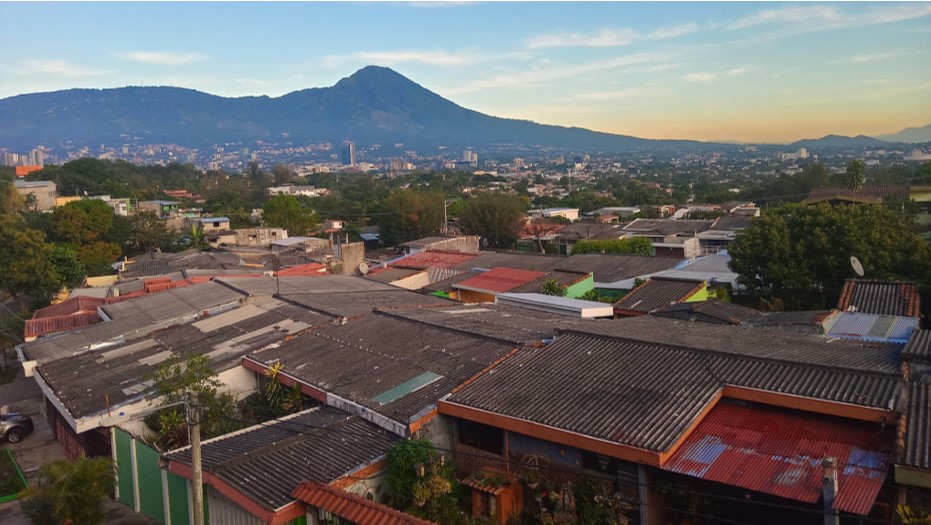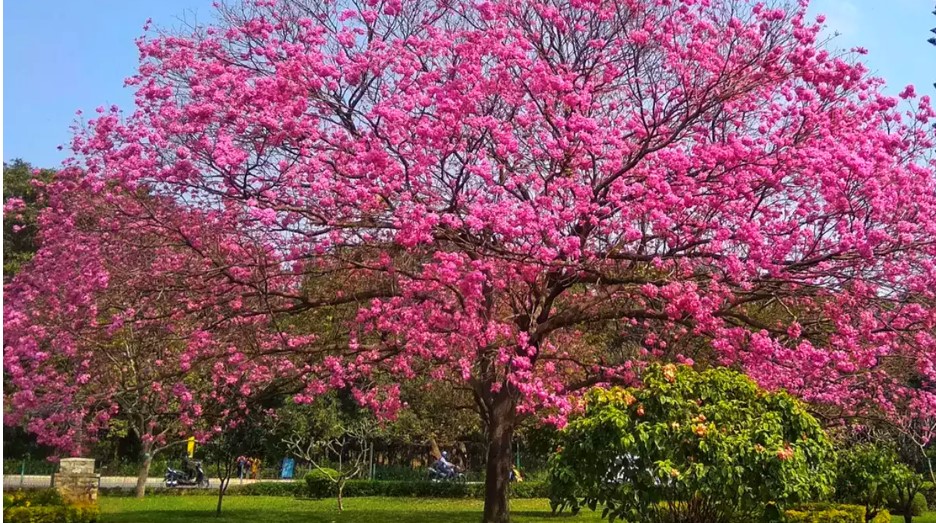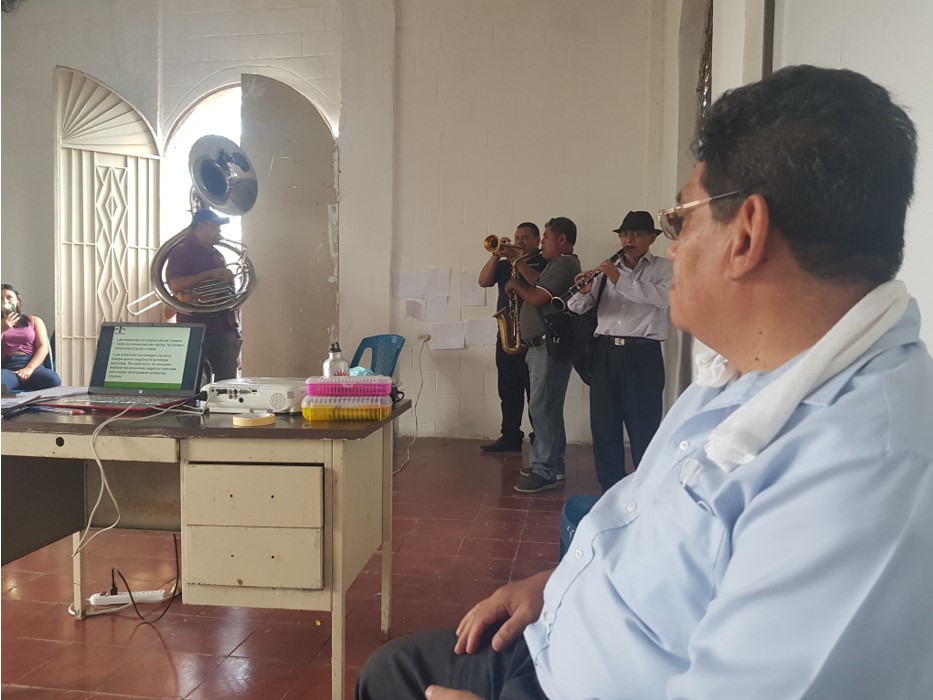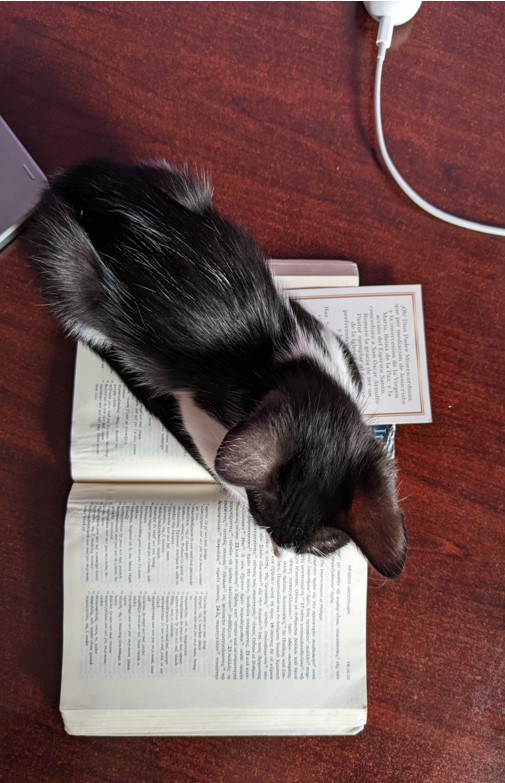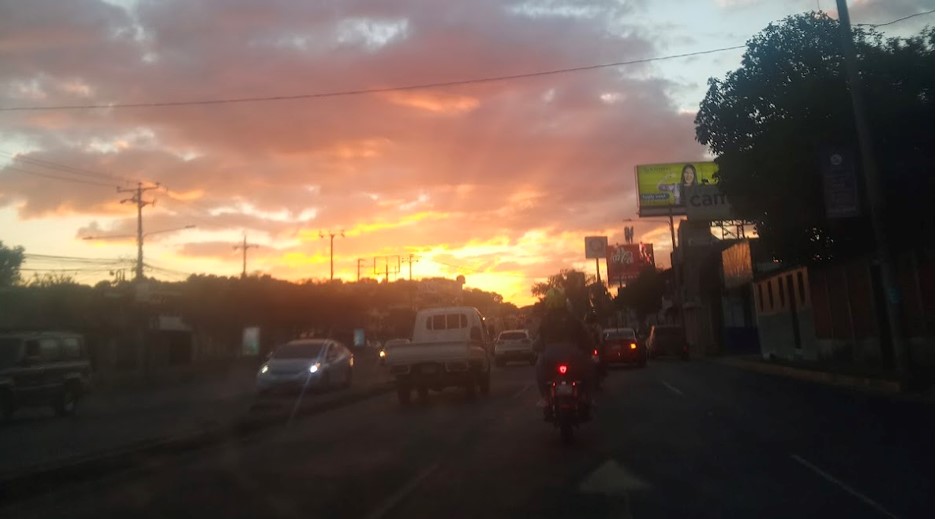A Letter from Joseph Russ, serving in the Northern Triangle of Central America
La Primavera/Spring 2022
Write to Joseph Russ
Individuals: Give to E132192 in honor of Joseph Russ’ministry
Congregations: Give to D500115 in honor of Joseph Russ’ministry
Churches are asked to send donations through your congregation’s normal receiving site (this is usually your presbytery)
Subscribe to my co-worker letters
Dear friends,
“Our goal is nothing less than ending migration from Central America to the United States.”
That’s what someone else working on migration issues in El Salvador once said to me. And to many of us in today’s political and social climate, this may sound like the answer. We hear of migration as a “problem” or a “crisis.” Something to be handled, reduced and eliminated.
Some people see migration as a security threat, despite the fact that immigrants commit crimes at a significantly lower rate than the general population. Some people worry about competing with immigrants for jobs, even though the U.S. economy relies heavily on exploiting immigrants and would likely collapse without a growing immigrant population. Some people watch the horrific scenes of immigrants facing violence, the elements, exploitation, and even death in their journey to the United States. People will, understandably cry out, “This has to stop!” But when we say “this” needs to stop, let’s make sure that we mean the violence, poverty, exploitation and death. Not the migration.
But I remember my own family’s migration story as an overall positive one. My father was born in Germany to a German mother and a Slovenian father who had migrated to the U.S. and eventually Germany. Dad spent his younger years in Germany, later moving to the United States, but returned to Germany to study abroad in college. His story of transnational ties, relationships, and opportunities enriched his life with valuable education, two languages, a wider perspective, and friendships around the world.
When I moved to El Salvador five years ago, my life was similarly changed. I have had the opportunity to learn a second language, get a valuable education at the Universidad Centroamericana José Simeón Cañas, and develop friendships across borders. My life has been transformed by these opportunities. In my family’s life, migration has been a powerful force for connection, opportunity and richness.What breaks my heart is the stark contrast between my experience of migration and the experience of so many friends and siblings in Christ whose migration journey results from violence, poverty, and exploitation and too often ends in even more violence, poverty, and exploitation.
So as we look at migration, and especially the migration flows from Central America to the United States, I don’t hope to end migration because I know how beautiful migration can be.
I want to help transform migration into the thing I know it has been for me and can be for others.
This vision was made even more clear in our first brainstorming workshop with the Iglesia Reformada Calvinista de El Salvador just a few weeks ago. We came together with leaders from local communities to share our knowledge of migration from our diverse personal and professional experiences. And instead of imagining how to reduce migration (much less eradicate it!), people came together to envision how we could transform it.
We elaborated our thoughts on two trees on poster paper. Our first tree represented the status quo, how things are today. We traced migration through the roots that influence people’s decision to migrate into the trunk of the tree, and its branches, representing the migrant journey. Finally, we reached the leaves and the fruits of migration, the results of the migratory journey.
Those who read Spanish can see in the pictures that the roots we identified were primarily tragic, including violence and poverty, and that was reflected in the fruit migration produced; family separation and consumerism. But some fruits of migration were positive; remittances and improved economic conditions for migrants and their families. Even today, the people who experience migration in their daily lives see it as not universally negative. It is a phenomenon that can be forced on people and one that can produce problems, but it can also be inspired by good experiences and result in positive change.
In our second tree, we envisioned what migration SHOULD look like. And no one said for a second that migration should end, that we should cut down the tree. Instead, we want to see this tree flourish.
In the spirit of envisioning the reign of God, our migration tree now has roots like education, language study, and intercultural exchange. Our trunk has everyone migrating regularly, but not without documents. And the fruits of migration are now work, knowledge, and the fulfillment of our human rights.
We drew inspiration from Revelations 22, where John watches the New Jerusalem descend from the heavens and in the center is the thriving Tree of Life, flourishing as God’s promise for God’s reign. God’s reign will bring flourishing and life, not violence, poverty and death as we have seen thus far. In El Salvador, this dream of ours looks like the stunning maquilishuat, a gorgeous tree that blooms in bright pink flowers. This is the tree of life, and this is the vision of the reign of God.
So this is what we are seeking to build together, inviting our siblings around the globe to join with us in building a world where human beings are the center of migration policy and migration theology. When only those who want to have to migrate, and when migrants find love and welcome wherever they go.
Joseph
![]() You may freely reuse and distribute this article in its entirety for non-commercial purposes in any medium. Please include author attribution, photography credits, and a link to the original article. This work is licensed under a Creative Commons Attribution-NonCommercial-NoDeratives 4.0 International License.
You may freely reuse and distribute this article in its entirety for non-commercial purposes in any medium. Please include author attribution, photography credits, and a link to the original article. This work is licensed under a Creative Commons Attribution-NonCommercial-NoDeratives 4.0 International License.
